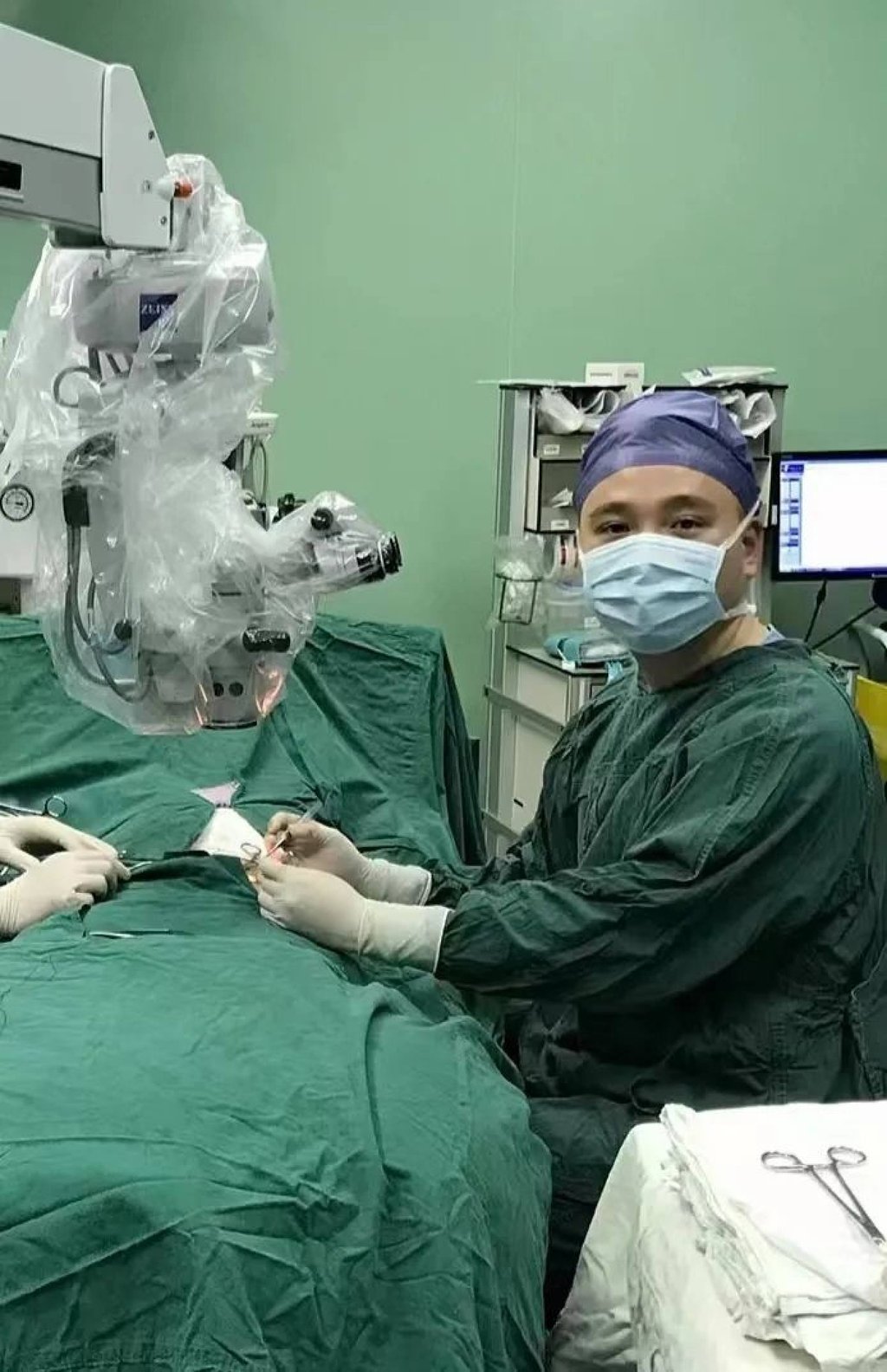‘Sexual shame’: China holds online professional circumcision contest to correct misconceptions, promote positive attitudes, levels of acceptance
- Live-streamed procedures carried out before strictly controlled, ‘serious’ audience
- Many people in China see surgery as shameful, others wrongly believe it boosts sexual function

Surgeons in China have hosted a competition to showcase their circumcision skills, with the winning doctor being praised for his “exceptional technical expertise” and “compassionate patient care”.
Circumcision is a procedure that removes the foreskin from the human penis.
In the most common form of the operation, the foreskin is extended with forceps, then a circumcision device may be placed, after which the foreskin is removed.
More than 100 of China’s most skilled surgeons took part in the three-hour-long online contest in December 2023.
Two months after the competition was completed, a spectator shared the unique event on mainland social media platforms.

Each doctor who took part presented a pre-recorded six-minute circumcision video with live commentary.